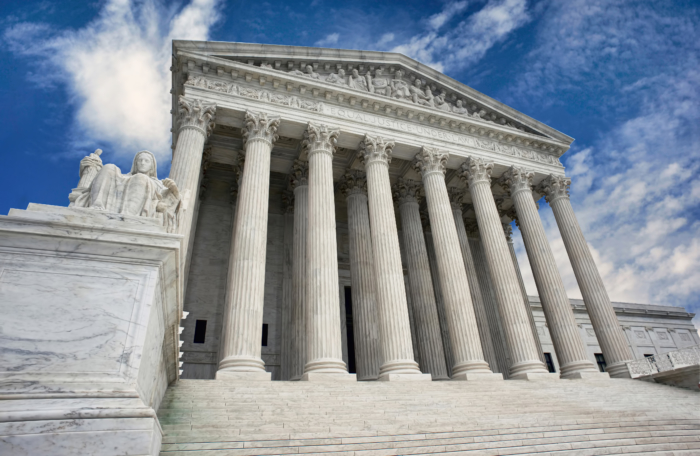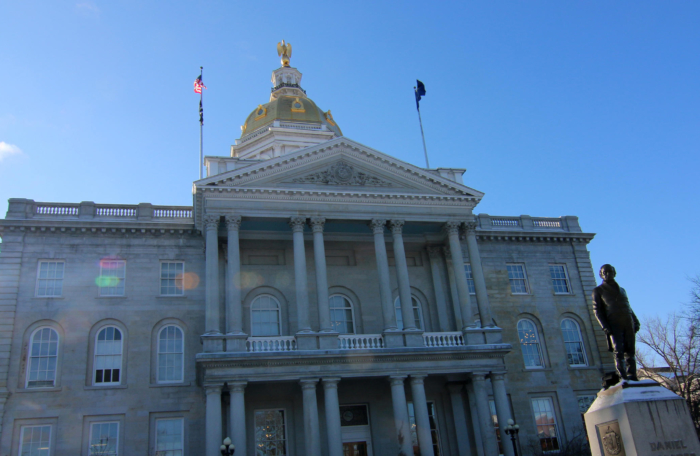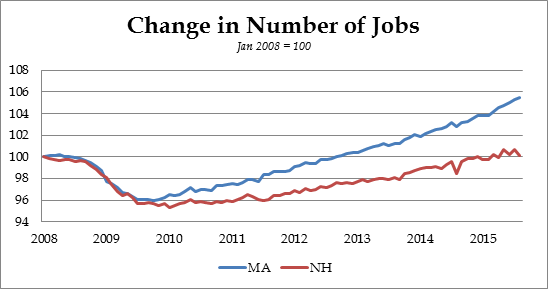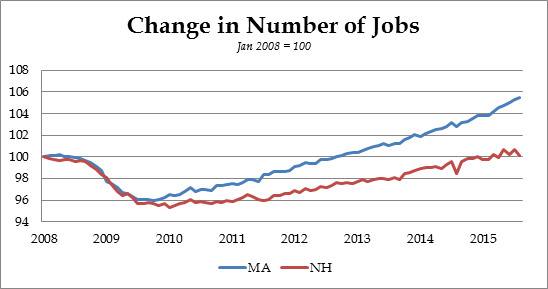A new Josiah Bartlett Center for Public Policy study finds that switching to an online reverse auction for the state’s pharmacy benefits management contract can save New Hampshire taxpayers save up to $22.2 million a year.
The study by Dr. Wayne Winegarden, director of the Center for Medical Economics and Innovation at the Pacific Research Institute, finds that New Hampshire can expect to save an estimated $17.8 million — $22.2 million a year by using an online reverse auction to generate more competitive bids for pharmacy benefits management. Over the three-year life of the state’s existing pharmacy benefits management contract, the savings would total an estimated $42.5 million — $53.1 million. (Under the contract, the annual costs are different from year to year.)
“At a time when budget savings are needed, New Hampshire could save millions of dollars annually by adopting an online reverse auction to purchase PBM services,” Dr. Winegarden said.
Josiah Bartlett Center President Andrew Cline emphasized the value of always looking for cost savings through improved systems, not simply cutting budget line items.
“This study shows the importance of always looking for opportunities to increase taxpayer value by improving system operations,” Cline said. “Adopting a modern, internet-based bidding system for the state’s pharmacy benefits management is a great example of how taxpayers and public employees can save money without reducing services.”
Pharmacy benefit managers (PBMs) administer prescription drug benefits for commercial and government health plans. PBMs negotiate prices with drug manufacturers, maintain the plan’s drug formulary (the list of approved drugs), and process claims.
New Hampshire used a traditional Request for Proposal (RFP) process when it signed a three-year, $212.5 million PBM contract with Express Scripts in 2018. Using an online reverse auction rather than a traditional RFP process could have saved the state tens of millions of dollars over the life of the contract, this analysis shows.
In an online reverse auction, pre-qualified suppliers provide competing bids (typically over multiple rounds) to a single buyer. It is the reverse of the more familiar forward auction, in which buyers compete to purchase a product or service from a single seller. For PBM services, New Hampshire would be the single buyer inviting several PBMs (the multiple sellers) to bid on providing PBM services to the state over a defined time period.
Online reverse auctions have saved governments and private businesses billions of dollars and have become a standard procurement method for large organizations. New Hampshire should adopt them for its PBM contracting as well as any other services for which they could produce savings.
The full study can be read here (pdf): JBC Reverse Auction For PBM services Study Winegarden










